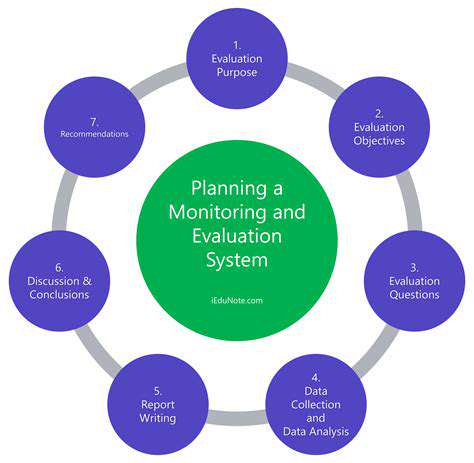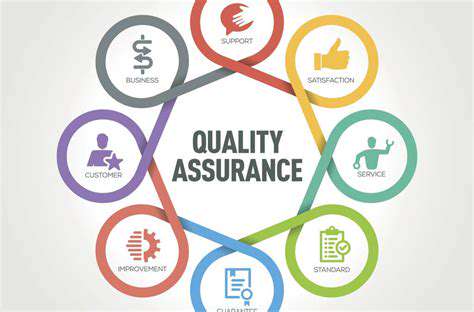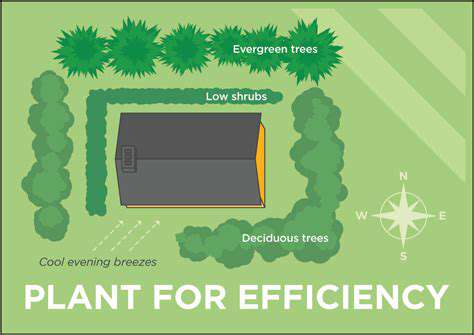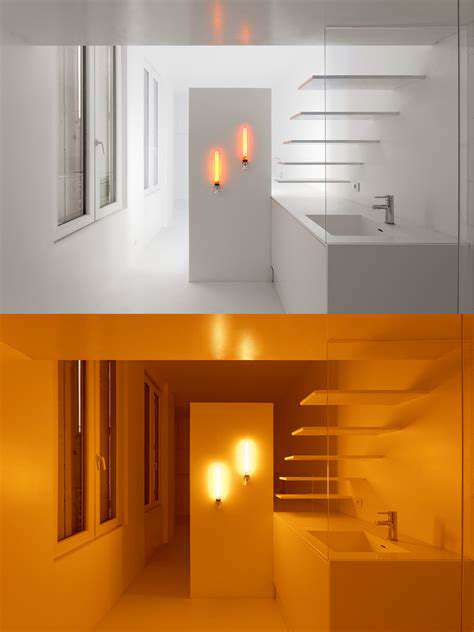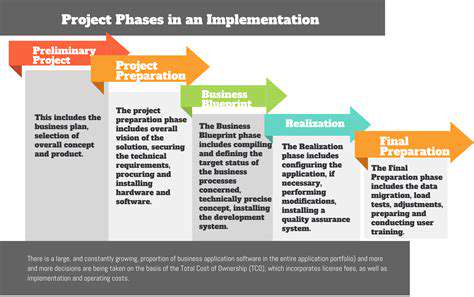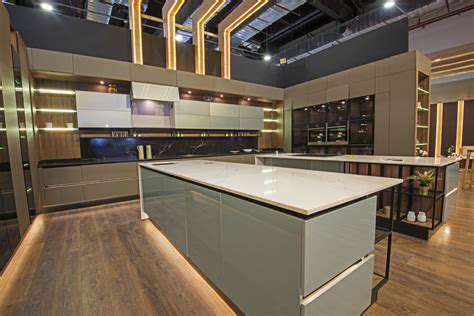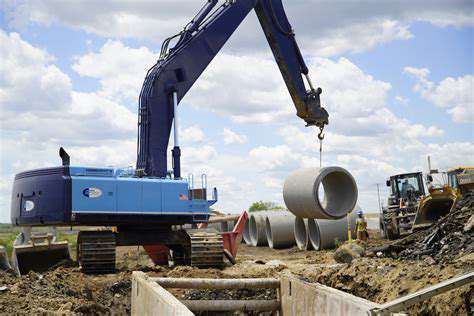Affordable Guide to Full Package Renovation for First Time Buyers
Renovations, whether large or small, require careful planning to ensure a smooth and successful outcome. Understanding your budget and timeline is crucial for realistic expectations. Ignoring these aspects can lead to unexpected delays and cost overruns, potentially impacting the overall project. Thorough research into available materials, skilled contractors, and potential design solutions is essential for informed decision-making.
Consider your lifestyle and how the renovation will impact your daily routine. Will the changes enhance your comfort and functionality? Anticipating these needs in the planning stage will greatly improve your experience throughout the entire process. This is where detailed sketches and floor plans can prove invaluable.
Defining Your Budget and Timeline
A realistic budget is the cornerstone of a successful renovation. Careful cost analysis, including materials, labor, and permits, will prevent financial surprises. Detailed estimates from multiple contractors can help you compare and choose the best option within your budget. It's also advisable to set aside a contingency fund for unforeseen expenses.
Establishing a realistic timeline is equally important. Consider the complexity of the project and the availability of contractors. A well-defined timeline ensures you stay on track and avoid delays. Be sure to factor in potential delays, such as material shortages or unforeseen issues. Allow ample time for inspections and approvals.
Selecting the Right Professionals
Finding reputable and skilled contractors is paramount for a quality renovation. Researching and interviewing various contractors is vital to ensuring their experience and expertise align with your project needs. Checking references and reviews from previous clients can provide valuable insights into their work ethic and professionalism.
Don't underestimate the importance of selecting a reliable architect or designer, particularly for larger projects. An expert can offer invaluable guidance in terms of design, functionality, and adherence to building codes. This collaboration can significantly impact the overall success and aesthetic appeal of your renovation.
Design and Aesthetic Considerations
Careful planning of the design and aesthetics is crucial for creating a space that reflects your personal style and enhances your living experience. Consider the style you want to achieve – whether contemporary, traditional, or something entirely unique. Consulting with an interior designer can be highly beneficial to achieve a cohesive and visually appealing space.
Managing the Renovation Process Effectively
Effective communication and collaboration with your chosen contractors are vital throughout the renovation. Regular check-ins and clear communication channels will ensure everyone is on the same page. Documenting all aspects of the project, from initial plans to final inspections, helps maintain accountability and addresses potential disputes.
Thorough documentation of the process is essential for problem-solving and for future reference. Maintaining open communication channels with your contractors throughout the project will prevent any misunderstandings and ensure that everyone is working towards the same goal. This is an essential element in ensuring a successful and satisfying renovation.

